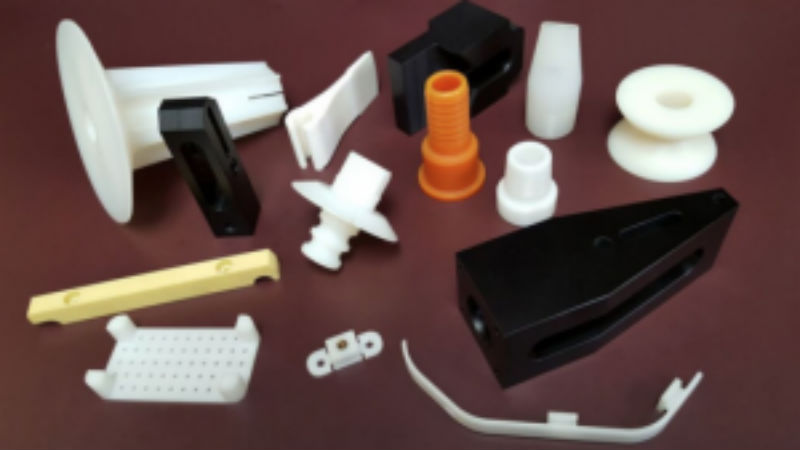It is not uncommon to hear OEMs talk about the need for precision or production types of milling and machining requirements. In the past, precision milling referred to CNC milling services, and it provided the best option for parts that offered high tolerances and the best quality control options throughout production.
The other option was production milling, which designated milling done for high volume types of orders where precision was a factor, but high tolerances were not critical. Now, thanks to advancements in technology and milling equipment, it is possible to have high production CNC milling services that offer the best of both worlds.
Multiple Operations on One Machine
The cutting edge equipment used by the top CNC milling services provides multiple axis types of operations on a single piece of equipment. This allows for various tools to be used to create the final product, to allow for complex shapes to be created without the need for tedious changeovers of either cutting tools or changing the workpiece between different machines.
As with traditional types of milling operations, these automated systems manage the movement of the workpiece in any desired direction. The options in movement are related to the number of axis on the equipment, with more complex shapes and requirements of the part completed on three and four axis CNC milling equipment.
Quality Control During Production
CNC control of the system builds in quality control throughout the manufacturing process. These CNC milling services can be configured to meet tight tolerances and industry standards, or even specific standards required by the OEM.
The best service providers can work with the OEM to not only provide quality parts but to also lower the cost of production and reduce waste during milling. This, in turn, is a cost saving that is passed along to the OEM.
